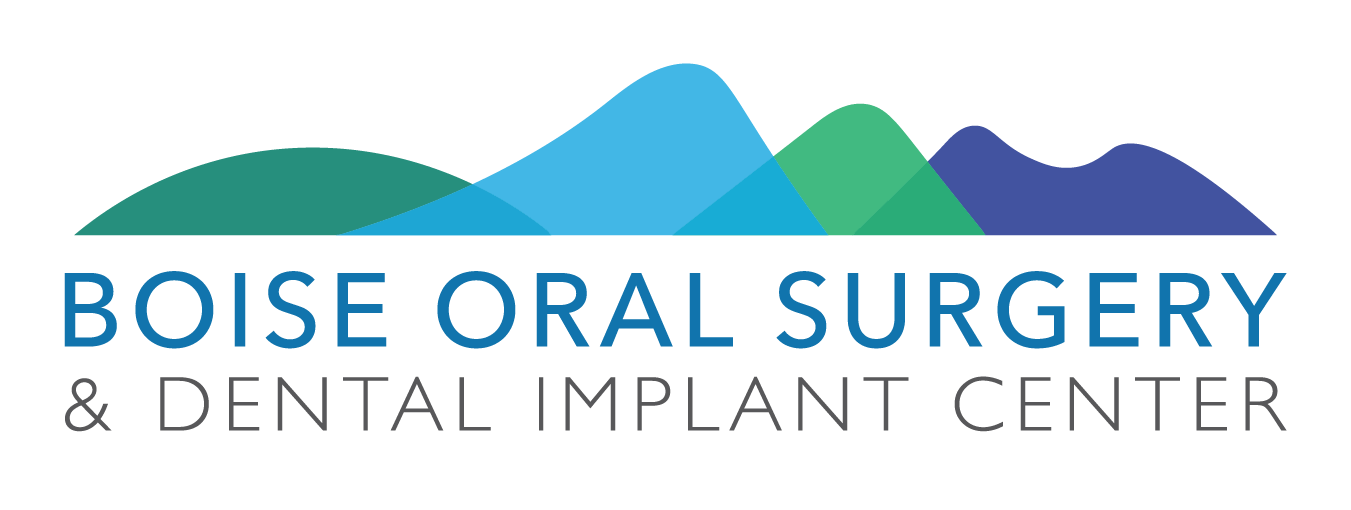Dental implant technology has been in use longer than many people think. The first use of a titanium implant was in 1965. Since then, implants have evolved to become incredibly durable and safe.
If you have suffered the loss of one or more teeth, a dental implant specialist can explain your tooth-replacement options. Once you arrive for your consultation, consider asking these seven important questions.
1. How Long Have You Been Placing Dental Implants?
Even the best dentists and oral surgeons start with little first-hand experience, but experience matters. Coursework on implant surgery is important, but the amount of experience performing surgeries should top your list of questions.
With years of experience, your surgeon learns how to handle complex surgeries and the unexpected. Dr. Bobst has performed oral surgery and implant placement since 2010. That means he has more than 12 years of professional experience!
Dr. Bobst earned a Doctorate of Dental Surgery from Loma Linda University School of Dentistry. He then went on to focus on his specialty training in maxillofacial surgery. He completed his residency in 2010.
2. How Many Implants Have You Placed?
This is an important follow-up question. Years of experience only matter if your dentist or oral surgeon has frequently performed the procedure in question.
For some dentists, placing dental implants is a rarity. Having a dentist who only placed a handful of implants a year may mean that your procedure is being performed by someone who does not have ample experience performing the intricate procedure.
Dr. Bobst specializes in dental implant placement. Since it is one of the more common procedures he performs, you can rest assured that he performs dental implant surgeries very frequently and with high levels of success.
3. What Types of Implants Do You Use?
Your implant specialist may use titanium or zirconia implants. Or another base material. Since you will be living with your implants for a lifetime, it’s worth asking what type of implant will be placed in your jawbone.
There are dozens of companies that focus on fabricating dental implants. All implants have to be approved by the FDA, but that doesn’t mean that each company carries the same reputation.
Be on the watch out for low-price knockoffs. The manufacturers may use lower-quality materials. Ask for the exact brand that your dentist or oral surgeon will use.
Then, do some basic research and see what kind of reputation that brand has.
4. What Are the Risks Involved?
Your dentist or oral surgeon should be willing to explain potential risks in great detail. This is a great opportunity to ask your dentist or oral surgeon what he or she will do to mitigate those risks.
Oral surgery always has an inherent risk of complications or side effects. Before getting dental implants, be sure to ask what risk factors there are for surgery side effects. By knowing that, you can take steps to lower your risk for unwanted side effects and complications.
5. What Training Have You Had?
When it comes to dental care, education matters. Ask where your dentist or oral surgeon went to college. A quality dentist will have started his or her training at a reputable college or university.
Then consider where they went to dental school. Oral surgeons undergo specialized training beyond that. Dedicated surgeons and dentists undergo training and certification beyond the bare minimum of what is required to perform surgery.
Dr. Bobst has undergone extensive and advanced training at some of the most reputable programs in the region. You can review our patient testimonials to learn more about how our patients appreciate his expertise and attention to detail.
6. What Are My Sedation Options?
Your comfort should be a top concern of your dentist or oral surgeon. Oral surgery is typically performed with a combination of local anesthesia and sedation.
Local anesthesia numbs the nerves and prevents discomfort. This step may not be enough to allow patients to relax throughout their procedure, though. Be sure to ask what types of sedation are available.
Sedation can be administered via nitrous oxide, prescription pills, or IV sedation. Nitrous oxide is generally considered a light form of sedation, while prescription pills and IV sedation can lead to moderate to heavy sedation.
Each type of sedation has pros and cons. Nitrous oxide can be administered quickly, for example. Once you describe your comfort goals, Dr. Bobst will recommend a sedation treatment option that is customized to help you reach your comfort goals.
7. Do You Have Platelet-Rich Plasma Options?
PRP is an advanced treatment that can help you recover more quickly. Platelets are healing cells that help your body recover from injury. By using your body’s own platelets, Dr. Bobst can reduce the risk of infection and complications following surgery.
Before your surgery, Dr. Bobst will prepare a special platelet-rich solution using an advanced centrifuge. The rich plasma will be used during your oral surgery.
PRP treatments have little to no risk of side effects and many benefits. The plasma offers a completely safe and biocompatible means of boosting your body’s natural healing properties so you can recover more quickly.
Schedule Your Dental Implant Specialist Consultation Today
By working with an oral surgeon, you can enjoy the benefits of having your procedure performed by a dental implant specialist who performs oral surgery every day. Dr. Scott Bobst is highly regarded in his field.
Don’t let tooth loss set you back. You can restore natural function to your smile by scheduling your dental implant consultation today.

